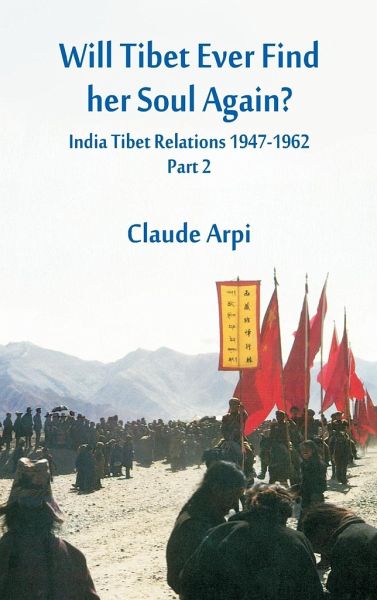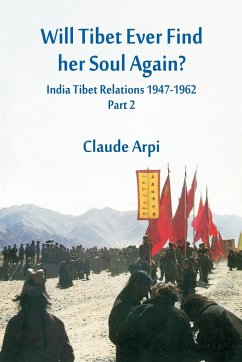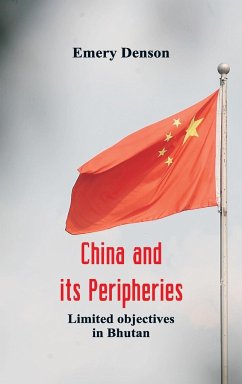
Will Tibet Ever Find Her Soul Again?
India Tibet Relations 1947-1962 - Part 2

PAYBACK Punkte
21 °P sammeln!
The second volume of the India Tibet Relations (1947-1962) begins soon after signature of 17-Point Agreement in May 1951. During the years under study (1951-54), the position of India on the Roof of the World changed drastically. This volume shall go in depth into the slow deterioration of the age-old Indo-Tibet relations, gradually being replaced by a cruder relation with the new occupiers of Tibet. The Indian officials posted in Lhasa, Gyantse, Yatung or Gartok were the first to realize the true face of the Chinese ‘liberators’. During this period, very few Tibetans had the courage to fi...
The second volume of the India Tibet Relations (1947-1962) begins soon after signature of 17-Point Agreement in May 1951. During the years under study (1951-54), the position of India on the Roof of the World changed drastically. This volume shall go in depth into the slow deterioration of the age-old Indo-Tibet relations, gradually being replaced by a cruder relation with the new occupiers of Tibet. The Indian officials posted in Lhasa, Gyantse, Yatung or Gartok were the first to realize the true face of the Chinese ‘liberators’. During this period, very few Tibetans had the courage to fight the ineluctable; most Tibetans, whether from the aristocracy or the clergy, collaborated with the occupying forces. "Will Tibet find her soul again?" wrote the Indian Trade Agent in Gyantse in one of his reports. The question is still hanging.












